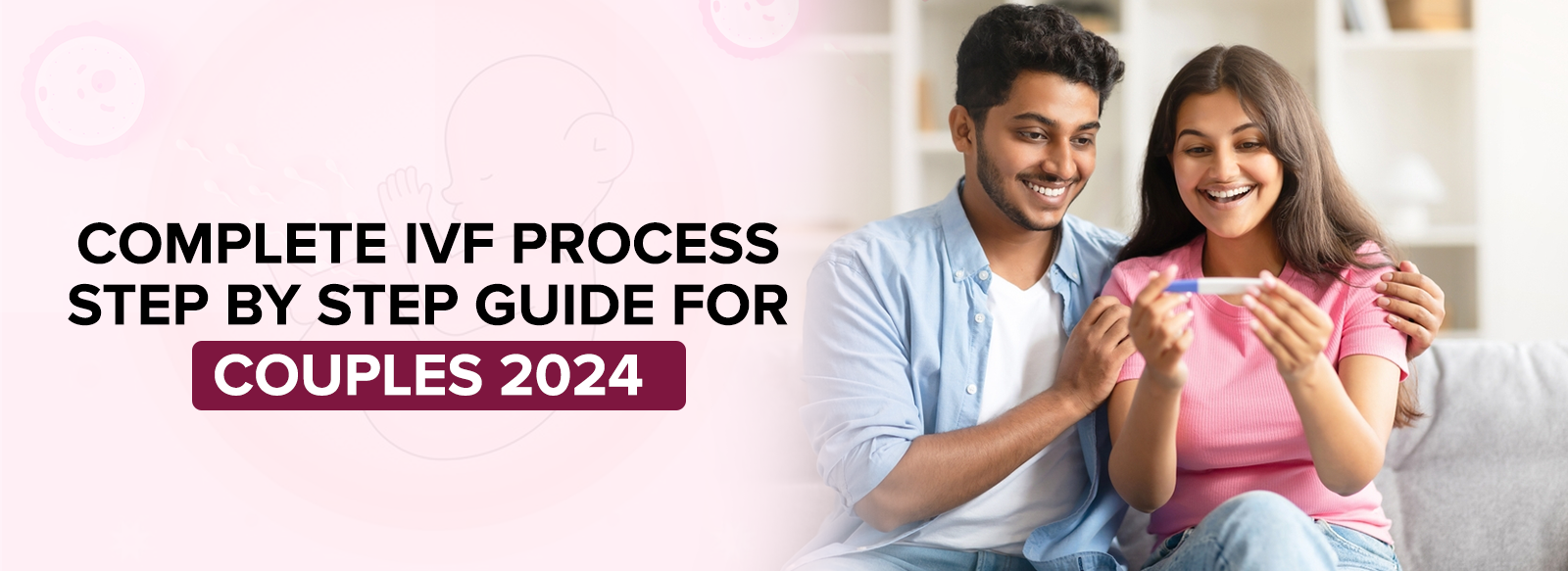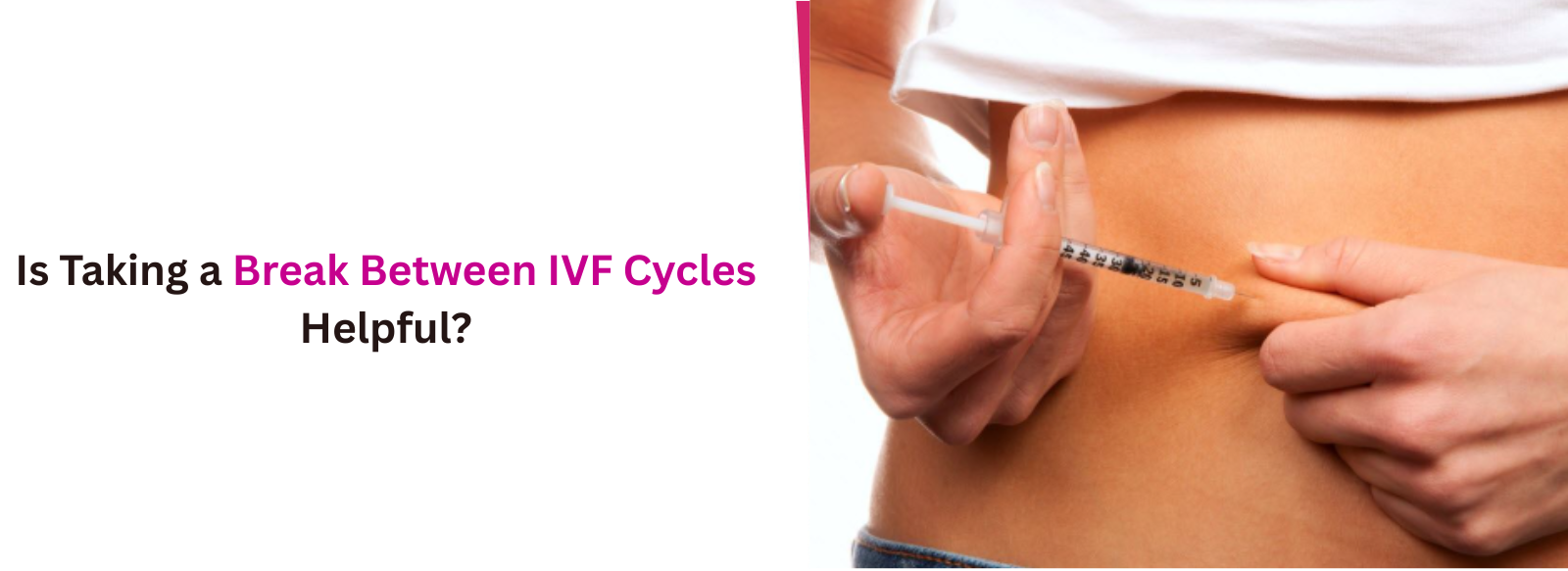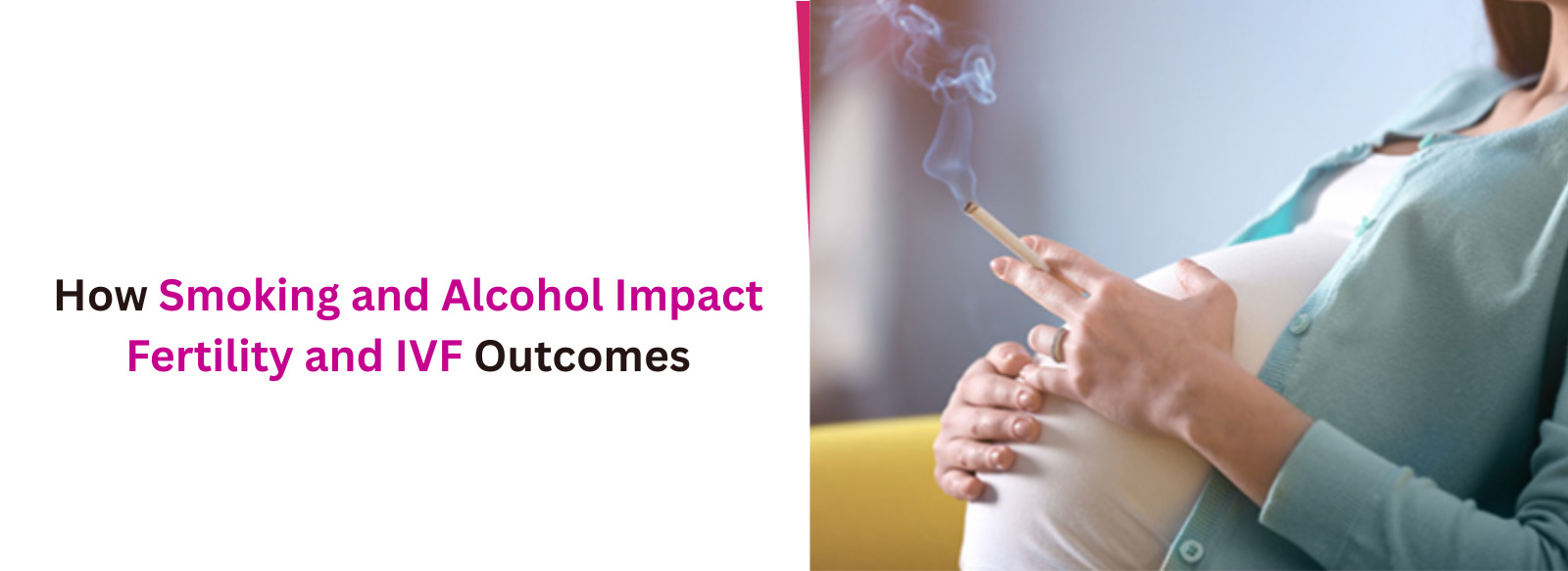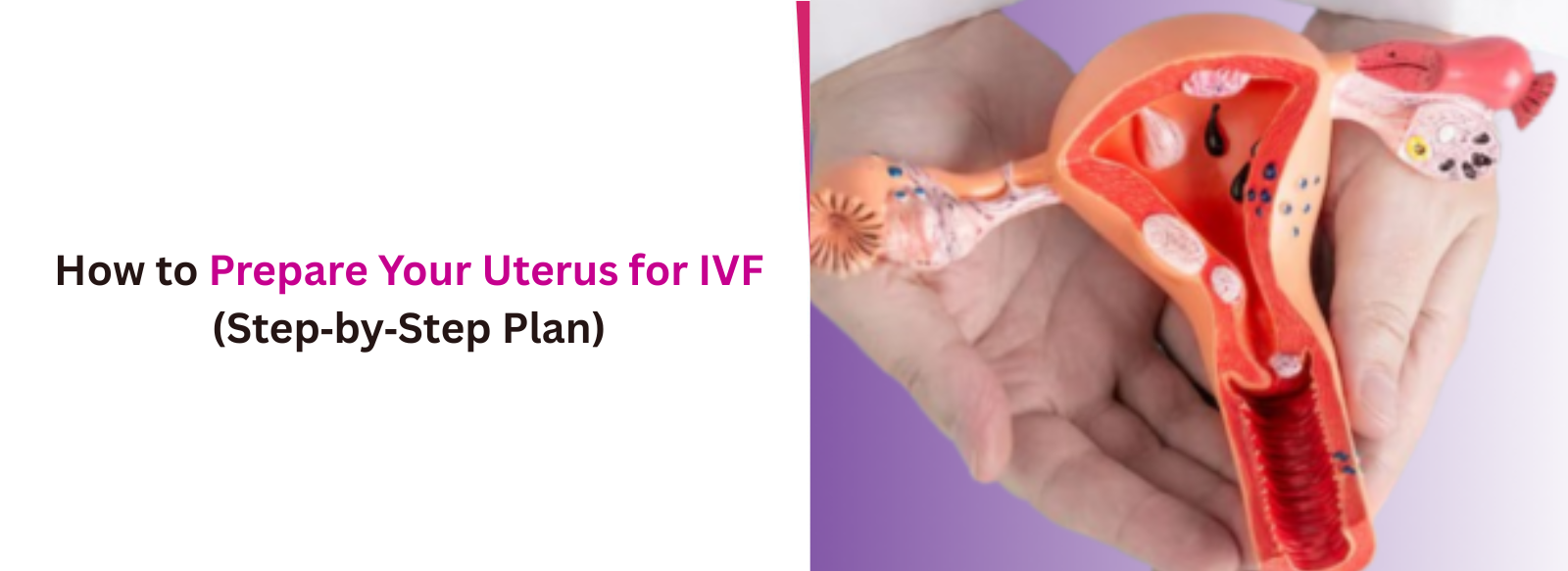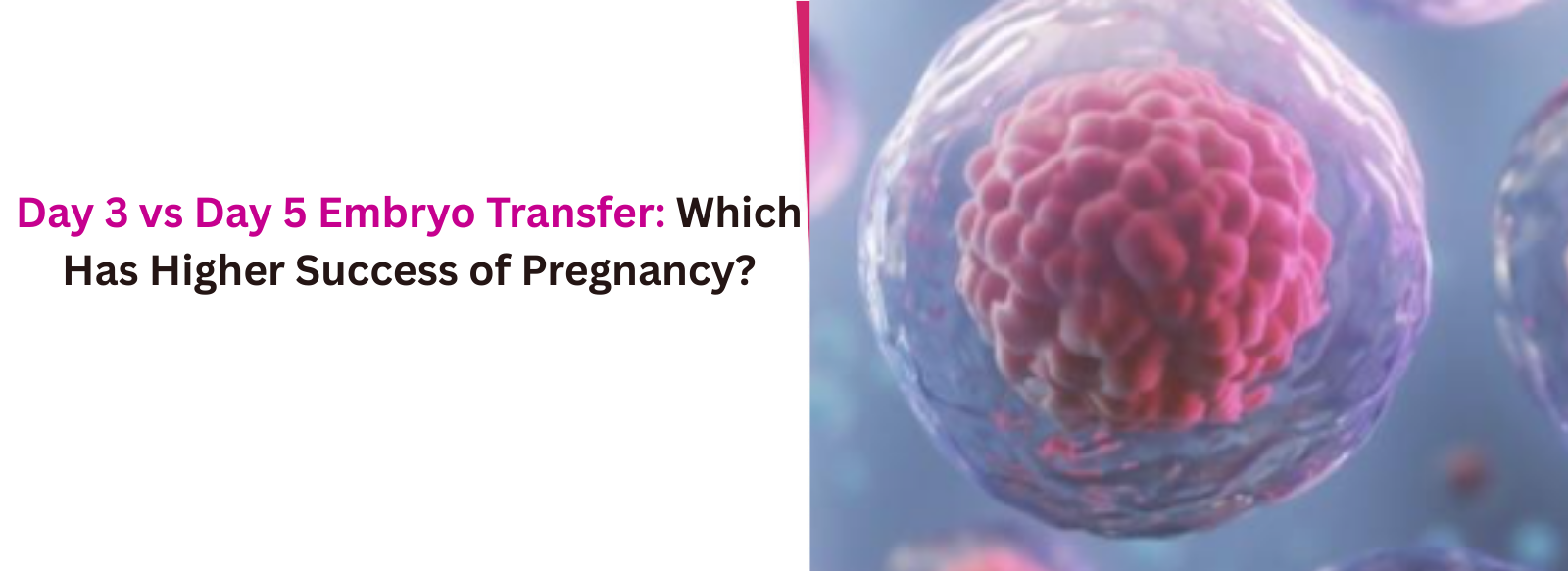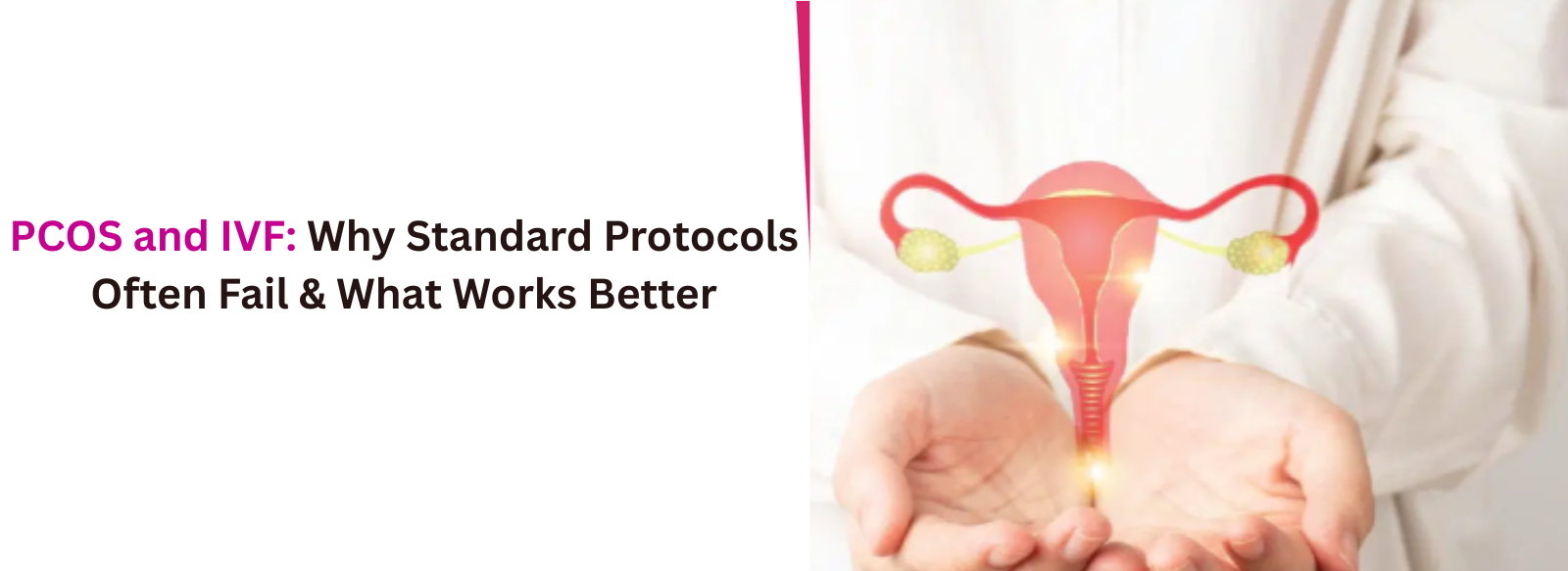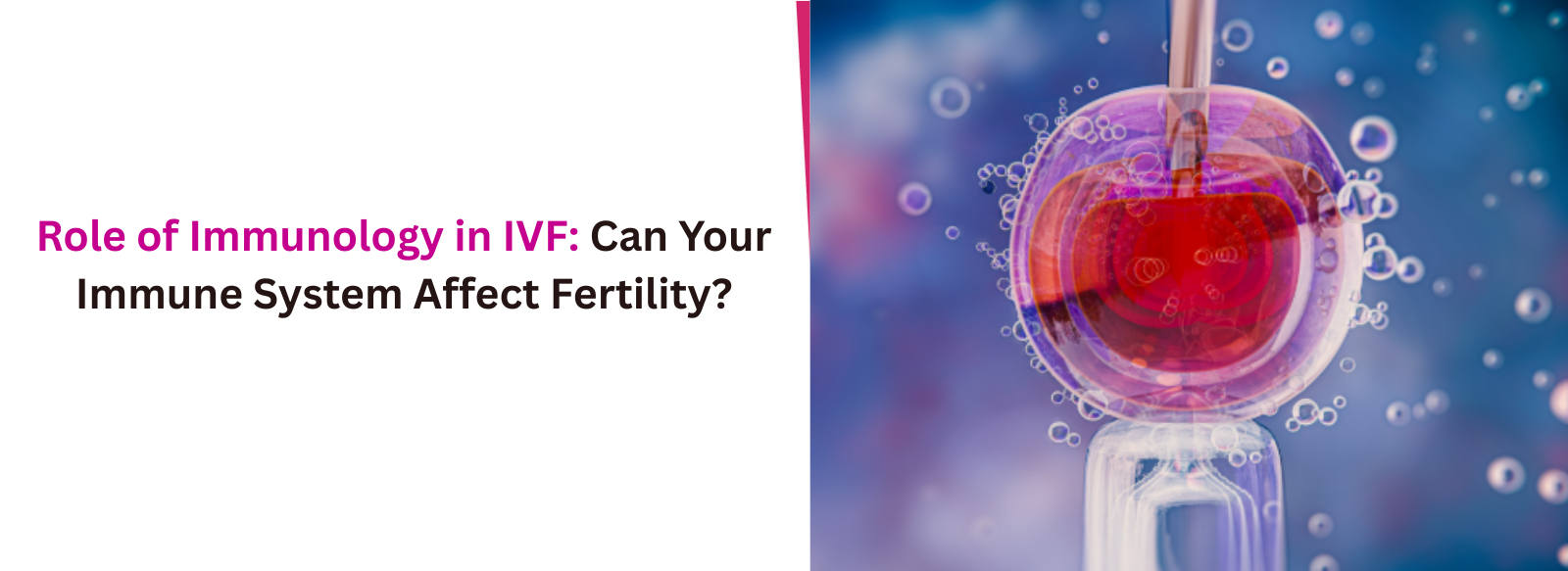Who are the ideal couples for IVF treatment?
Couples aged 18 to 40 who have been trying to conceive for months or even years are ideal candidates for the IVF procedure. Both males and females can experience infertility for a variety of reasons. A few reasons include hormonal imbalances, structural abnormalities in reproductive organs, genetic factors, age-related issues, and certain medical conditions such as polycystic ovary syndrome (PCOS) or endometriosis. Aside from health issues, age can have an impact on the outcome of in vitro fertilisation (IVF). Generally speaking, the window of opportunity for IVF is 35 years or under; however, if you see a skilled IVF specialist, you can have IVF at any age up to 40 with very slim chances of conception.Step-by-step process of IVF for couples
Once you meet the requirements for IVF treatment, the following is a 7 step-by-step guide to the IVF process:- Pretreatment assessment
- IVF injections for better eggs
- Egg retrieval process
- Sperm collection and analysis
- Embryo fertilisation and transfer
- Cryopreservation
- Pregnancy tests and follow-ups
Step 1: Pretreatment assessment
Before commencing IVF, couples undergo a thorough pretreatment assessment. The IVF specialist analyses the couple’s medical history and asks for different lab tests, screenings, and evaluations. Key assessment components include –- Preconception screening labs: These tests include blood tests, antibody screenings, and examinations for any sexually transmitted diseases. They offer a comprehensive picture of a couple's health and are important for the upcoming newborn's health.
- Uterine cavity evaluation test: This test is used to evaluate uterine cavity abnormalities by hysteroscopy in patients.
- Genetic carrier screening: The screening is performed to detect if any of the couple (male, female, or both) are carrying some type of genetic disorder.

